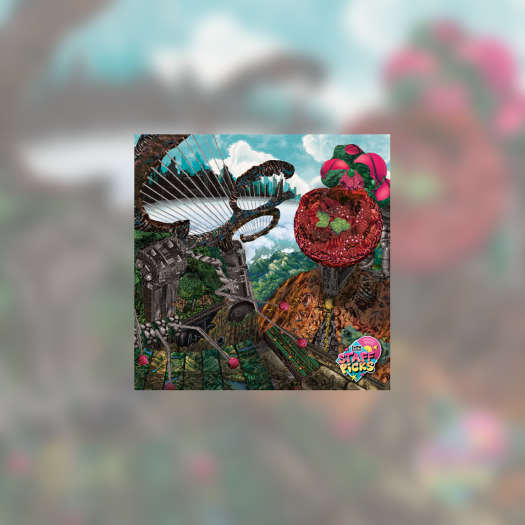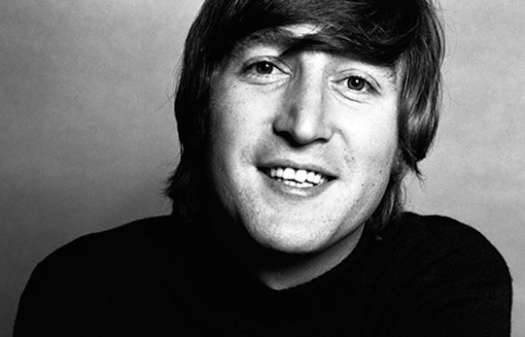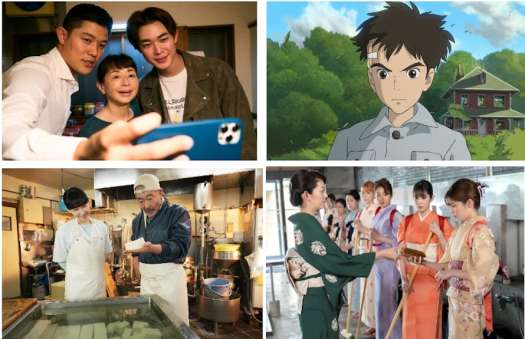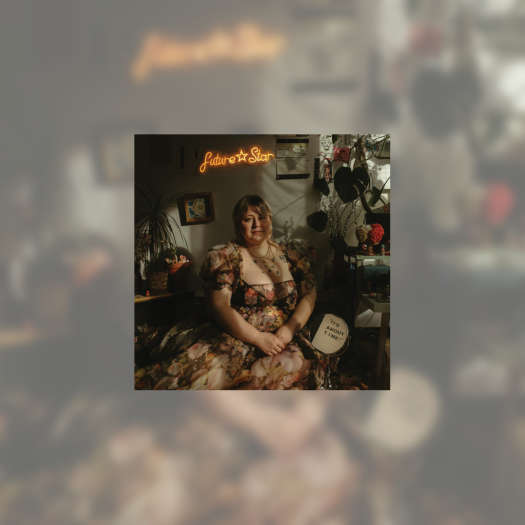Strut Entertainment is a Toronto-based boutique firm providing full service publicity, sponsorship and event management to the entertainment, music, beverage, fashion and beauty industries and corporate Canada. Samantha Pickard brings an international outlook and a vast understanding of the North American and Australian music and entertainment industries. She contributes a diverse skill set through her years working as a retail buyer, artist manager, promotions and event manager, GM of a publishing company, in addition to her years leading the publicity, event and sponsorship teams at Strut.
What does your company do?
The kind of lifestyle marketing that we do falls more under the banner of publicity and promotion but four times removed, if that makes any sense. An artist will come to work on a public relations campaign with us, and potentially an event, and we will find out in the course of those two campaigns that there is a synergy with that artist and a certain type of product. A classic example would be an indie band or a well-known band thats environmentally savvy, and we would partner them with a beauty product or a fashion line or some type of lifestyle product that is relevant to their beliefs and their needs, and wed looks at ways to fit that into the marketing of their new album or tour, in the way of financial tour support or by having the company take over some of the costs. It may not be a cash cost but could be in-kind, like if the company is an environmentally friendly printer they might absorb all of the printing costs for the tour or the album or whatever the need might be.
What sorts of artists are looking you up?
Every band is interested and whats driving it is absolute necessity. An album or CD used to be the top of the Christmas tree and now its just one part of the many things that actually market an artist. Nowadays its not just about the album and the tour its about what perfume line you have out, what clothing line are your creating or endorsing, what shoe brand you are endorsing, what alcoholic beverage is sponsoring you, as a brand and an artist. The CD just fits right in alongside five, ten, 15 other things that artists are using to market themselves. I dont even know if its a conscious choice, but bands have to be interested in partnering with other entities now, to get their music out there.
Are you finding more businesses wanting to get involved with artists?
Absolutely, because the music industry is so sexy to anyone looking from the outside in. But what I am finding is a lot of musicians and managers and labels have embraced it and understand it, there is still a core of people who dont understand how much effort and how much of the stars aligning it takes to get these relationships to actually happen effectively. Its one thing to secure a cash or in-kind lifestyle partner but its quite another to nurture it and make sure you deliver on your promise and to follow up and have everyone walk away feeling really good about themselves. Its a lot of work and a lot of handholding, and you must, one, be able to present an artist or a band that they are going to respond to and two, deliver on everything you said you were going to deliver on. I think thats where a lot of people fall short: once they get the fish on the hook they dont follow through correctly and end up burning bridges, or not getting the result for themselves, the artist, the product line or the company that was involved. Lifestyle marketing is all about customer service.
At what point should artists consider getting involved?
At the very beginning, at any point, people can get involved. If youre an artist and youre self-contained and able to take care of these things effectively, theres no reason why you cant do it. A manager can help, or even an agent. Ive had unsigned bands whove not even come out of the studio with their first album work with me to put together a marketing plan that, yes its indie, but it still has all of those key things that would excite a potential partner, and weve had success getting them in-kind partnership deals. Quite often with indie bands or artist who are just getting started and dont have massive exposure in TV, radio or print, the most important thing for them is to just start a feel-good relationship early on with a brand, and then as the bands success grows, the brand has a real comfort with that artist, but by starting early with the band they grow with them, rather than missing out or not being able to afford them once they take off. I wholeheartedly advise indie bands to go out there and get involved with something that makes sense for their brand even though they cant expect tens of thousands of dollars out of the gate which is a big misconception.
What does your company do?
The kind of lifestyle marketing that we do falls more under the banner of publicity and promotion but four times removed, if that makes any sense. An artist will come to work on a public relations campaign with us, and potentially an event, and we will find out in the course of those two campaigns that there is a synergy with that artist and a certain type of product. A classic example would be an indie band or a well-known band thats environmentally savvy, and we would partner them with a beauty product or a fashion line or some type of lifestyle product that is relevant to their beliefs and their needs, and wed looks at ways to fit that into the marketing of their new album or tour, in the way of financial tour support or by having the company take over some of the costs. It may not be a cash cost but could be in-kind, like if the company is an environmentally friendly printer they might absorb all of the printing costs for the tour or the album or whatever the need might be.
What sorts of artists are looking you up?
Every band is interested and whats driving it is absolute necessity. An album or CD used to be the top of the Christmas tree and now its just one part of the many things that actually market an artist. Nowadays its not just about the album and the tour its about what perfume line you have out, what clothing line are your creating or endorsing, what shoe brand you are endorsing, what alcoholic beverage is sponsoring you, as a brand and an artist. The CD just fits right in alongside five, ten, 15 other things that artists are using to market themselves. I dont even know if its a conscious choice, but bands have to be interested in partnering with other entities now, to get their music out there.
Are you finding more businesses wanting to get involved with artists?
Absolutely, because the music industry is so sexy to anyone looking from the outside in. But what I am finding is a lot of musicians and managers and labels have embraced it and understand it, there is still a core of people who dont understand how much effort and how much of the stars aligning it takes to get these relationships to actually happen effectively. Its one thing to secure a cash or in-kind lifestyle partner but its quite another to nurture it and make sure you deliver on your promise and to follow up and have everyone walk away feeling really good about themselves. Its a lot of work and a lot of handholding, and you must, one, be able to present an artist or a band that they are going to respond to and two, deliver on everything you said you were going to deliver on. I think thats where a lot of people fall short: once they get the fish on the hook they dont follow through correctly and end up burning bridges, or not getting the result for themselves, the artist, the product line or the company that was involved. Lifestyle marketing is all about customer service.
At what point should artists consider getting involved?
At the very beginning, at any point, people can get involved. If youre an artist and youre self-contained and able to take care of these things effectively, theres no reason why you cant do it. A manager can help, or even an agent. Ive had unsigned bands whove not even come out of the studio with their first album work with me to put together a marketing plan that, yes its indie, but it still has all of those key things that would excite a potential partner, and weve had success getting them in-kind partnership deals. Quite often with indie bands or artist who are just getting started and dont have massive exposure in TV, radio or print, the most important thing for them is to just start a feel-good relationship early on with a brand, and then as the bands success grows, the brand has a real comfort with that artist, but by starting early with the band they grow with them, rather than missing out or not being able to afford them once they take off. I wholeheartedly advise indie bands to go out there and get involved with something that makes sense for their brand even though they cant expect tens of thousands of dollars out of the gate which is a big misconception.




